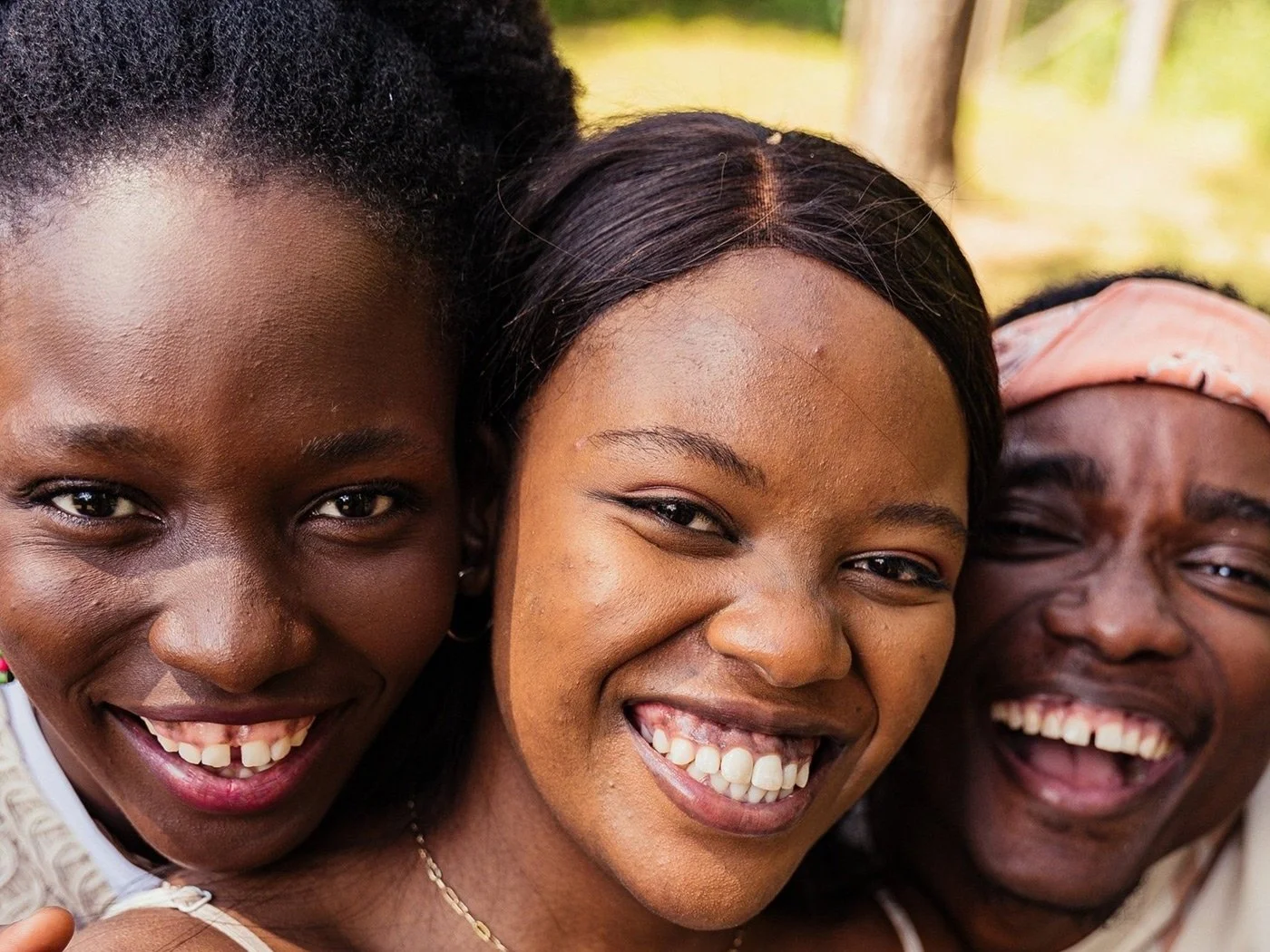This Is What's Missing in Your Dating Equation
How counting red flags can block intimacy
By Yolande Clark-Jackson
For most people, the old ways of meeting a person, dating, and falling in love are no longer adding up to living happily ever after. More people are turning to dating apps like Tinder and Hinge to see if they can find their perfect match. According to a 2022 Pew Research, approximately 300 millions people use online dating platforms. Unfortunately, out of the 42% of the dating site users who aim for marriage, only 13% get engaged or married from the platform. These are not great odds. It is no surprise why some have turned dating into a social experiment, hoping if they add or remove the right variables, the results will lead to more successful relationships. Thus the rise in reality shows like Love is Blind, Perfect Match, Indian Matchmaker, and 90 Day Fiancé. Each show attempts to help singles get to their goal of being happily coupled.
A variable that all these shows leave out is what Dr. Christiana Ibilola Awosan, founder of Ibisanmi Relational Health, has discovered impacts potential couples before they meet. She says, “From both my research and clinical experiences and expertise – I believe that people today are dating within a shame-based dating/coupling context.” She adds that feelings of shame singles and couples may hold about their past decisions, status, unconscious socio-cultural biases or beliefs about their value can impact their ability to make deep emotional connections with others.
Shame equals separation
In her research, Awosan also found this shame-based context was especially prevalent when people saw their potential partners through the lens of racial, cultural or gender stereotypes. She observed this especially among Black heterosexual singles who internalized racial stereotypes about their potential partners. She says when singles begin to make assumptions based on stereotypes, that it causes separation. “It prevents them from flourishing in their emotional intimacy and attachment with each other.” Conversely, if singles believe they are not enough in some way, they may be unwilling to show up as their authentic selves.
Checklists block authenticity
Another barrier to connection are often unrealistic expectations. There are plenty of messages that say that people shouldn’t settle and should avoid warning signs and red flags. Unfortunately, it may be impossible for someone to check all the boxes of an often unrealistic ideal.
Awosan says, “People have these predetermined dating checklists based on ‘dating advice,’ ‘red flags,’ or preferences. They bring these checklists unconsciously and sometimes consciously to their dating experiences.” She adds that since both parties know they have a list, it can impact how they show up for one another. “They use these checklists to evaluate their date...while also fearing unconsciously that their date might be evaluating them. As a result, to protect self, people bring their representatives and not their authentic self to the potential connection/relationship.”
Stop counting flags and start embracing curiosity
It is understandable that single people are looking for the fastest route to their destination and do not want to waste time with someone who may not be compatible with them, but difference doesn’t always mean incompatibility. Sometimes embracing difference leads to growth.
Awosan recommends exploring the differences instead of resisting them. By becoming curious about your partner, you may be drawn closer to them.
Counting red flags provides more reasons to disconnect with another person and may prevent you from finding compassion, asking questions, or learning to see things from a new perspective.
Build trust and intimacy
Building trust in yourself can lead to relationship success on and off line. Before you swipe on the next dating app, gaining more clarity could prove beneficial.
Awosan suggests singles add two important steps to the dating process:
1. Tap into and strengthen your ability to trust yourself and affirm what you want anddesire in a romantic partnership.
2. Build relational intuition & wisdom with yourself and your potential partner as you journey through your dating life.
Don’t do it alone
A licensed therapist may be instrumental in your process of clarifying your relationship goals and examining the root of your perceptions and/or biases that may have hindered your dating life. A relational therapist can also give you the tools to help you discern what advice is actually helpful when navigating romantic relationships.
If you think you would benefit from the help and support of a professional, reach out to a Ibisanmi Relational Health Therapist. IRH therapists are trained and skilled professionals who provide a holistic approach to helping you achieve your relationship goals.
You can be sure you’ll receive culturally affirming guidance suited for your unique situation. Book a 15-minute consultation here.






